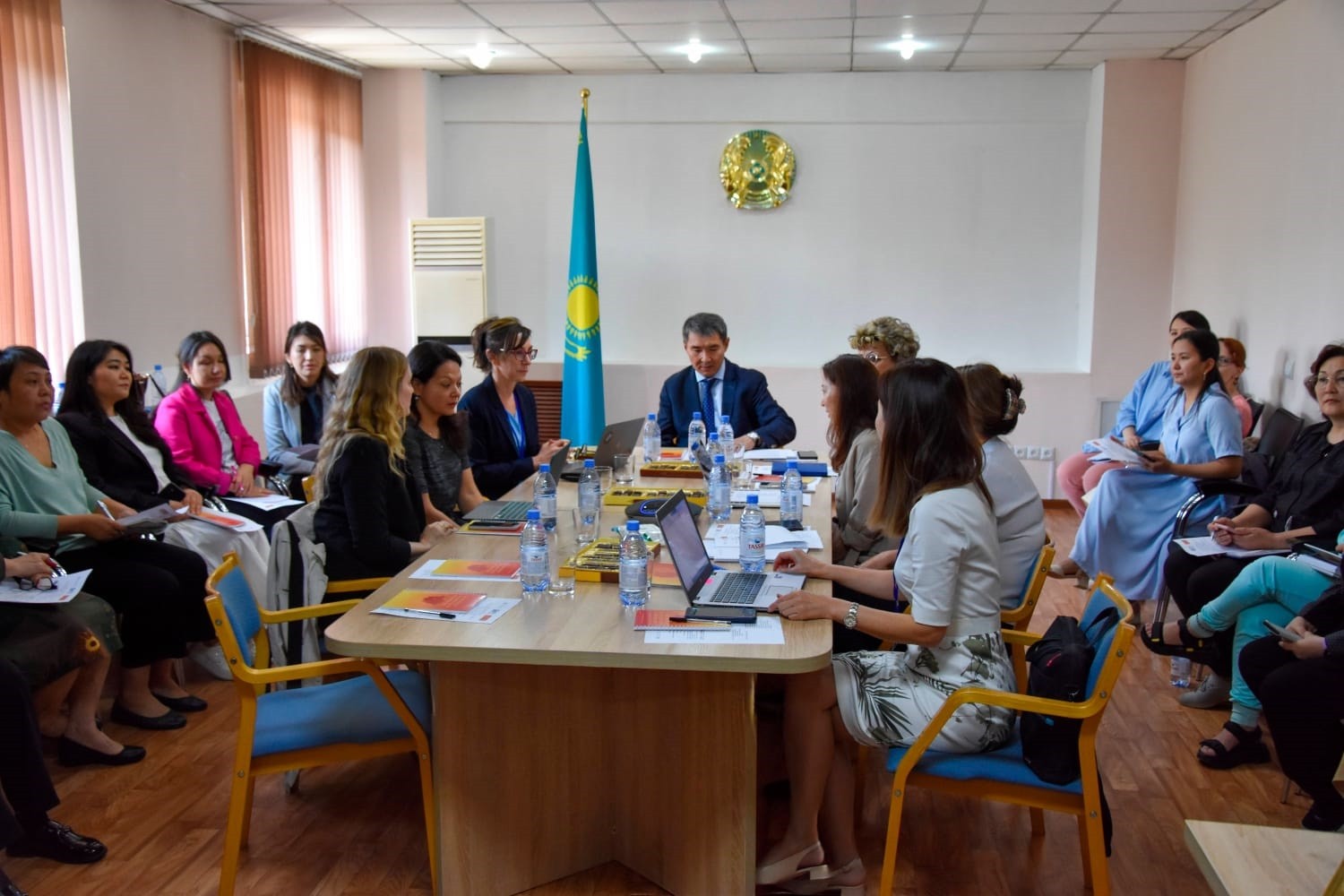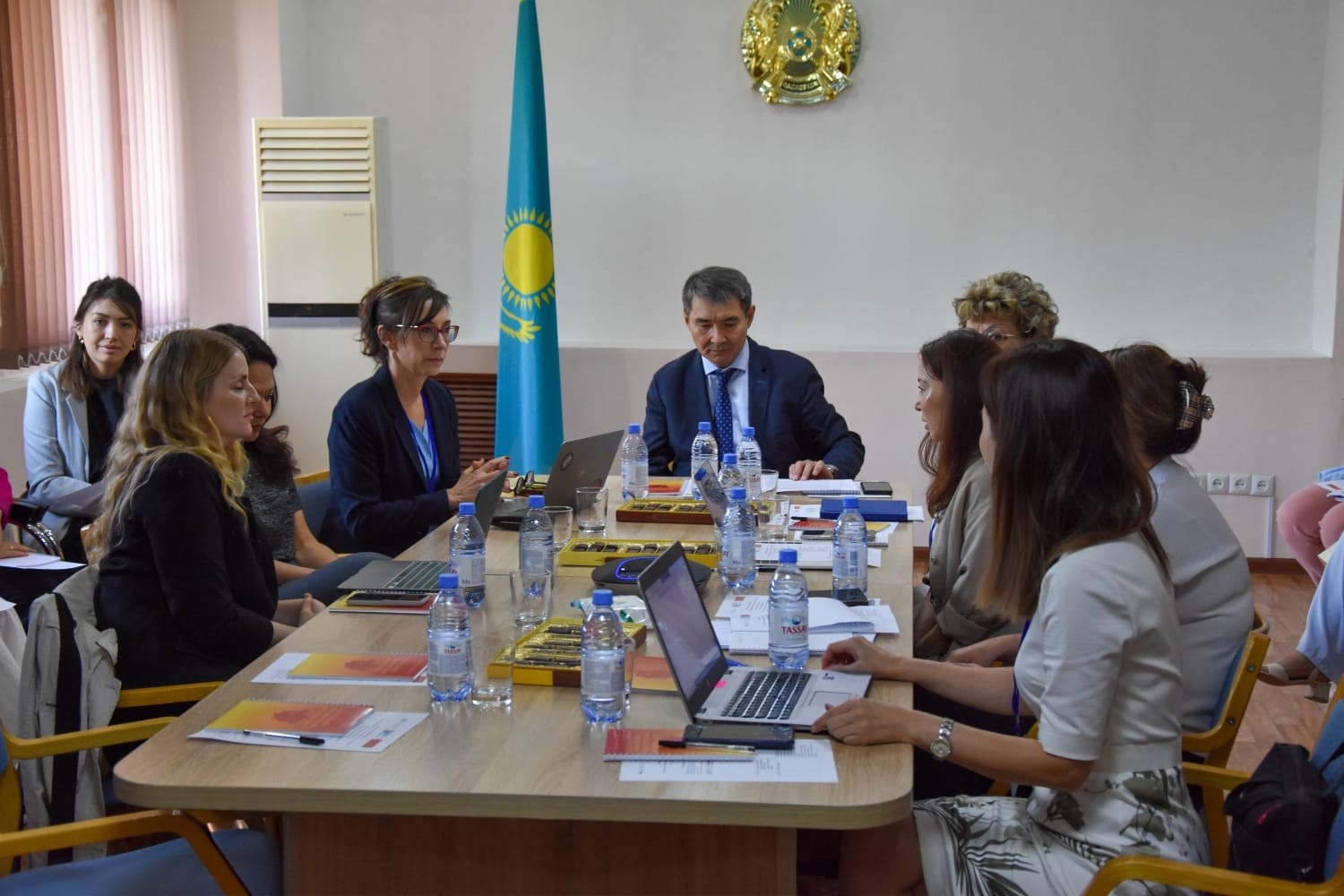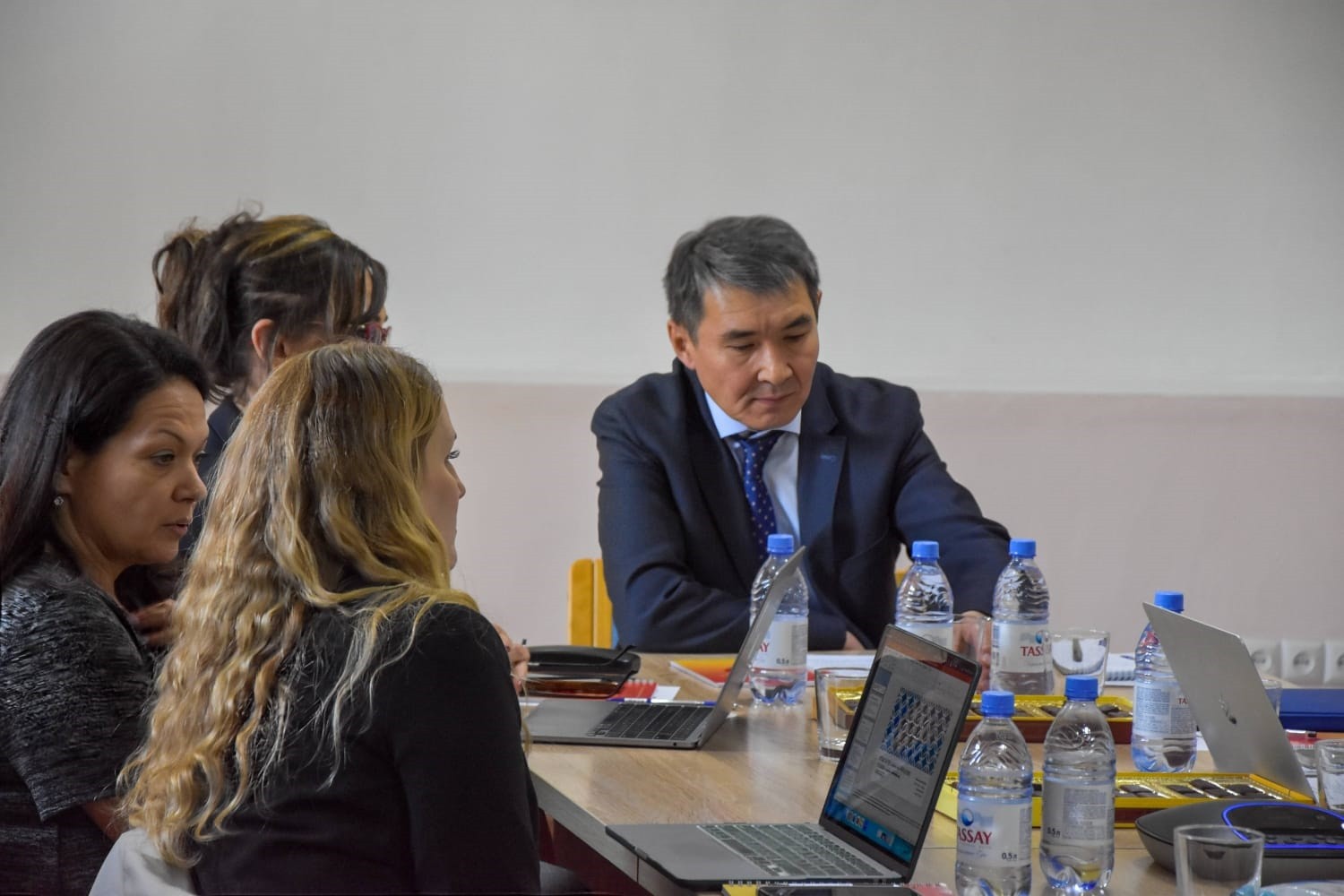
Обычная версия сайта
Republic of Kazakhstan, Almaty, Raimbek Ave., 60
Location map+7 (727) 39742 23 Reception
+7 (727) 39742 17 Registry
+7 (727) 39742 06 Helpline
1414 Single contact center


Обычная версия сайта
Republic of Kazakhstan, Almaty, Raimbek Ave., 60
Location map+7 (727) 39742 23 Reception
+7 (727) 39742 17 Registry
+7 (727) 39742 06 Helpline
1414 Single contact center

May 26, 2023
On May 26, the Kazakh Scientific Center of Dermatology and Infectious Diseases, together with the Center for Global Health Studies in Central Asia, organized an international webinar "Pre-contact prevention (PREP) for women: clinical features and access expansion programs".
The relevance of the event is due to the trend of low participation of women in PREP. Today, only 27% of the total number of people receiving PREP in the country are women.
The seminar participants studied and discussed the specifics of the introduction of PREP among women and international experience in expanding access and attracting women from key population groups to the PREP program. This information was presented to the audience by international experts from the Columbia University Medical Center: Magdalena Sobeschik - MD, Professor of Infectious Diseases, head of the department, Deborah Theodore - MD, Associate Professor of Medicine, Brooke West - associate Professor of the School of Social Work, as well as Victoria Fry - professor of the School of Medicine of the City University of New York.
International experts noted that PREP is one of the most effective methods of HIV prevention today. However, there are barriers for women: stigma, low risk perception, competing needs, low awareness. Strategies that help to expand women's access to PREP have proven themselves well in the world. Among them:
- mobile outreach work in the field,
- providing community-based services,
- integration of medical services (syringe exchange programs, drug addiction treatment, HCV treatment),
- patient-oriented medical care,
- expansion of the PTAO.
Today PREP successfully works against the background of other methods of prevention: treatment as prevention, HIV testing, STI testing and treatment, counseling, harm reduction. In the world, alternative long-acting drugs for PREP are already being used, which are especially suitable for women: injectable cabotegravir and a vaginal ring with dapivirine.
Future techniques that will allow more women to use PREP are also impressive, these are implantable long-acting drugs and various multipurpose technologies.
For the expected effect of PREP in terms of reducing the spread of new HIV cases in Kazakhstan, it is planned to cover 20% of the estimated number of key population groups with PREP prevention by 2026. To expand services, it is planned to develop a national plan in cooperation with the Global Fund and PEPFAR, which will include measures to generate demand for PREP throughout the country, eliminate institutional barriers and transfer the range of services at the NGO level.




